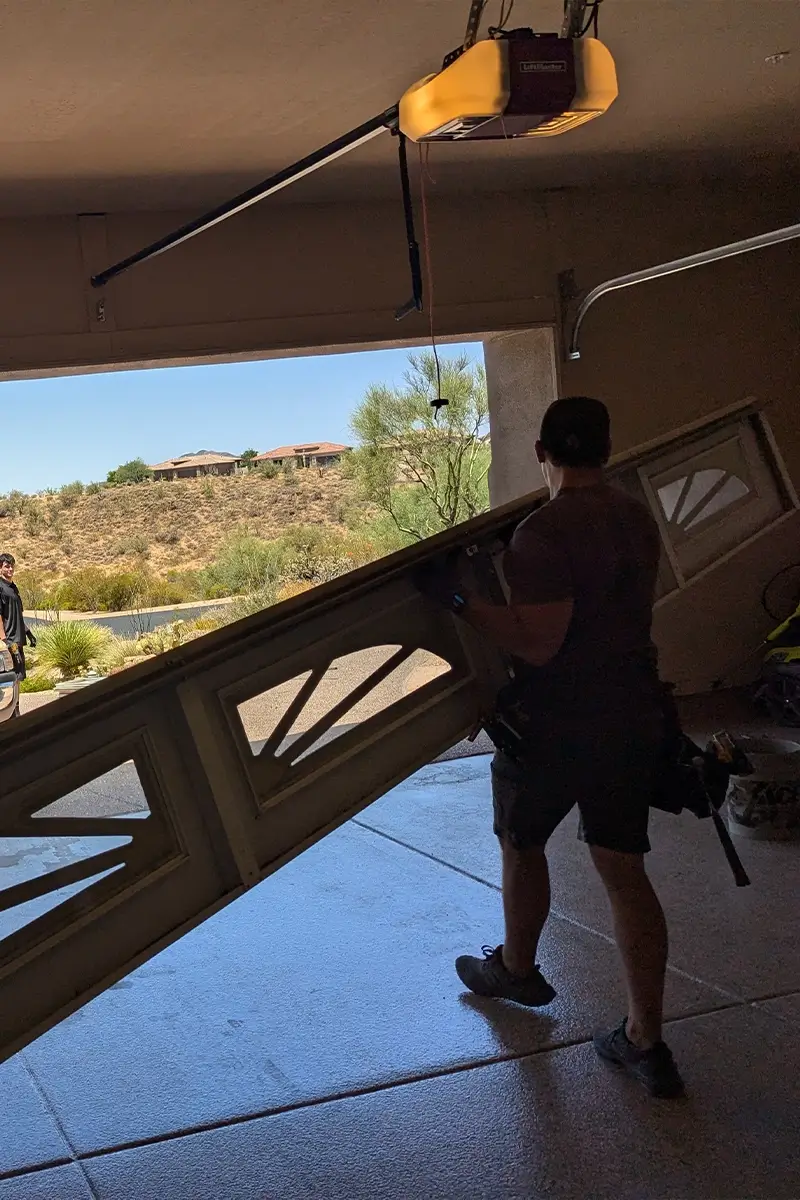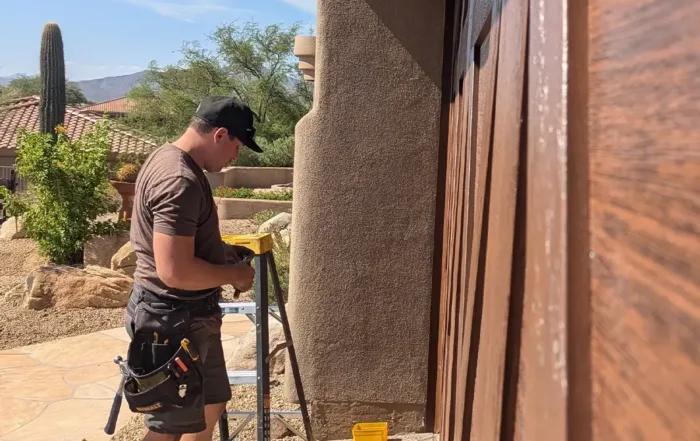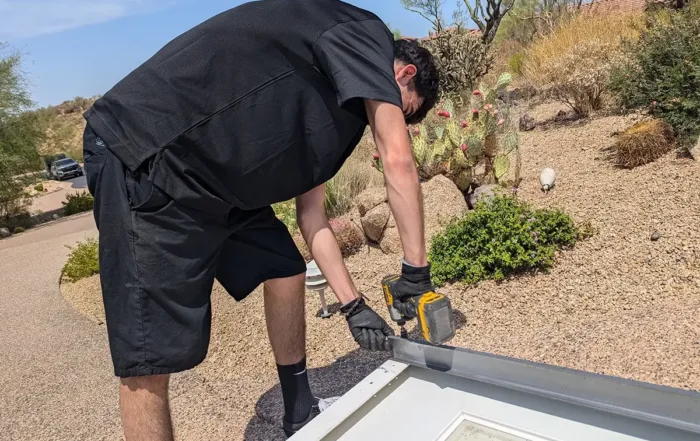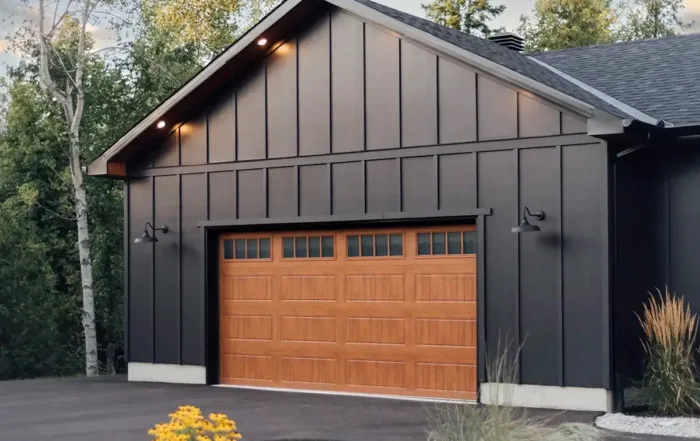24/7 Emergency Service
Including All Major Holidays
Licensed & Insured
Trusted Throughout Arizona
High Quality Products
Offering Only Leading Manufacturers
Guaranteed Service
We Will Make It Right
Professional Garage Door Insulation Services
Upgrading your garage door with insulation can greatly improve your home’s energy efficiency and comfort. Insulating your garage door helps stabilize the temperature in your garage, reducing the load on your heating and cooling systems. This upgrade not only lowers your energy bills but also transforms your garage into a more comfortable space, whether it’s attached to your home or used as a workspace.
Our expert technicians specialize in adding insulation to new garage doors, focusing on improving energy efficiency and comfort. With careful attention to detail, we expertly install high-quality insulation materials, ensuring that your garage door provides better temperature control and reduced energy costs.

Types of Garage Door Insulation
Garage door insulation comes in several types, each offering distinct benefits and levels of thermal resistance (R-values) depending on your needs and the specifics of your garage. Understanding these options helps you choose the best insulation for improved energy efficiency, comfort, and durability.





